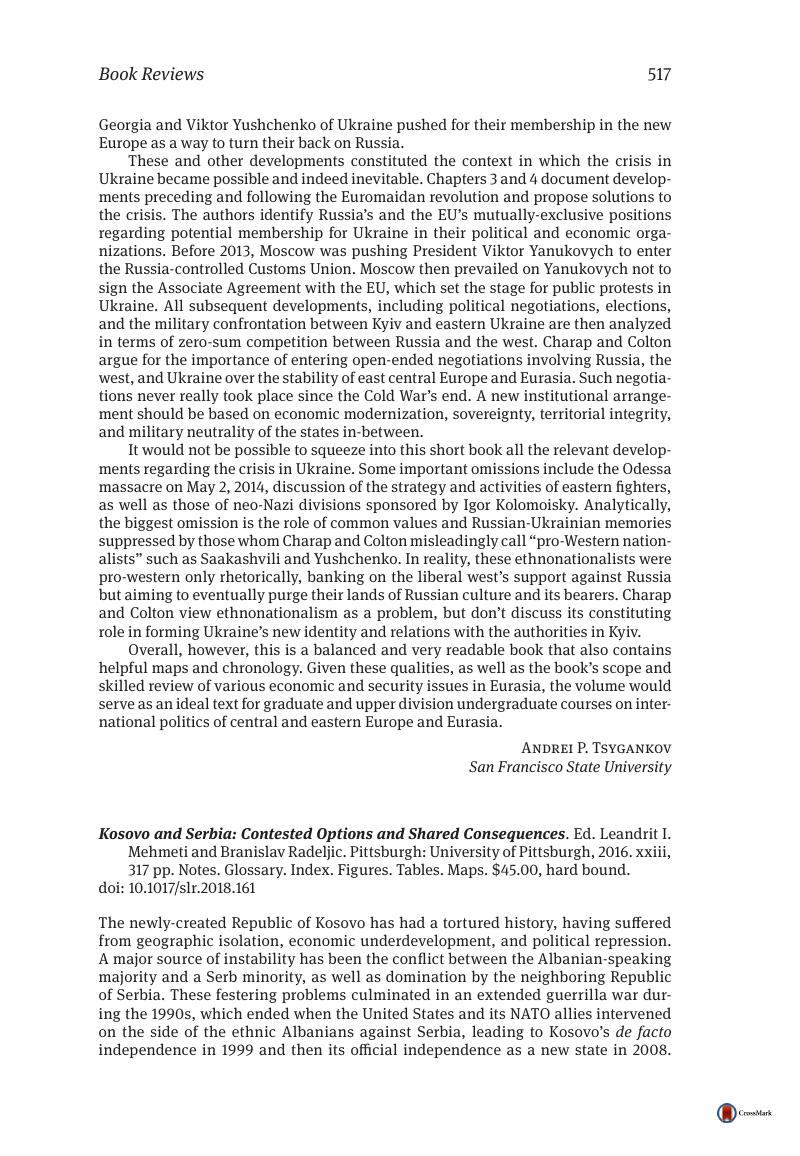Crossref Citations
This article has been cited by the following publications. This list is generated based on data provided by Crossref.
Brovina, Ngadhnjim
and
Arifi, Dritero
2023.
Institutional and non-institutional actors in policy-making processes: A case study.
Journal of Governance and Regulation,
Vol. 12,
Issue. 2,
p.
147.



